৩০ মাঘ ১৪৩২
Beijing Bans Japanese Lawmaker for Criticizing Taiwan
08 September 2025 19:09 PM
NEWS DESK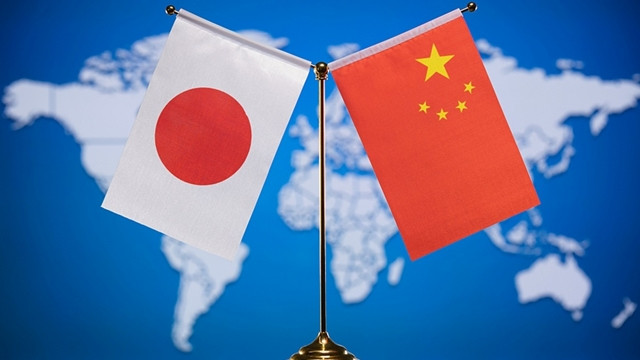
China has sanctioned a Japanese member of parliament for the first time, a move that may inflame ties with Tokyo.
Beijing imposed punitive measures including an entry ban on Hei Seki, a Chinese-born author elected to the upper house of Japan’s parliament in July. The Chinese Ministry of Foreign Affairs accused him of interfering in China’s internal affairs and undermining its sovereignty in a Monday statement.
The move against Seki lands at a time when relations between Asia’s two largest economies are already strained. Ties are especially fraught in recent days as China celebrates the 80th anniversary of the victory against Japan in the Second World War.
Beijing accused Seki of “spreading falsehoods for a long time” on issues including those concerning Taiwan and the disputed Senkaku islands — known as Diaoyu in China. The Chinese government also took issue with Seki’s visit to the Yasukuni Shrine, which commemorates Japan’s war dead including war criminals and is a constant source of friction in bilateral ties.
“I was really surprised. It’s all of a sudden,” told Seki. “I’ve been openly criticizing China for a long while now.”
The measures include freezing any asset he has in China and banning him from transacting and cooperating with Chinese firms and individuals, according to Beijing’s statement. Seki and his family are also prohibited from entering China, including the special administrative regions of Hong Kong and Macau.
Seki said the sanctions won’t affect him “in the slightest,” saying he has no assets in China in the first place and doesn’t intend to go there. He added that he will consult with his party on a response.
A spokesperson for Japan’s Ministry of Foreign Affairs said there’s no precedent in Japan for a member of parliament being sanctioned by China.
“We absolutely cannot accept China’s unilateral move that appears to be trying to intimidate those with a different position,” Japanese Chief Cabinet Secretary Yoshimasa Hayashi said on Monday afternoon. “We complained to China via the diplomatic route and requested the immediate retraction of the sanctions.”
Born in the Chinese province of Sichuan and a graduate of Peking University, Seki sits on the defense committee and is a member of the small, right-leaning Japan Innovation Party. During his campaign, he called for tougher policy on China and stronger measures to curb immigration.
In a post on X, Seki called the Chinese measures “nothing but a farce” and being sanctioned “an honor.”
A spokesman for the Chinese foreign ministry said the sanctions are meant as a “severe warning” against Seki and others, without naming who they may be.
“For his own selfish interests, Hei Seki has forgotten his roots, betrayed his conscience, and colluded with anti-China forces to provoke and cause trouble,” Lin Jian, a spokesman for the ministry, said at a regular briefing on Monday. “Those who betray their own ancestors for personal glory will only end up reaping the consequences.”
The move against Seki, while a first for Japan, is part of a familiar playbook China has used against its foreign critics. Beijing has previously imposed measures against overseas politicians including former US Senator Marco Rubio, now secretary of state, and former UK Conservative Party leader Iain Duncan Smith, citing their comments on topics such as Xinjiang and Hong Kong.






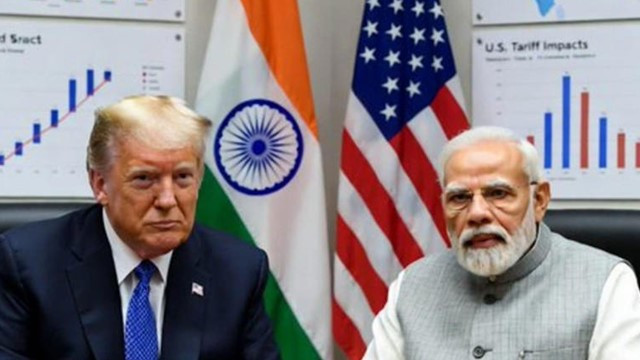
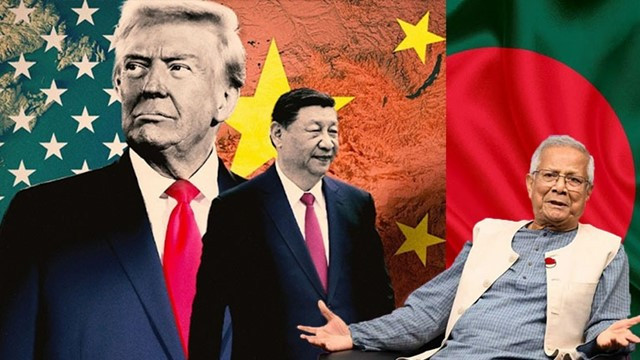
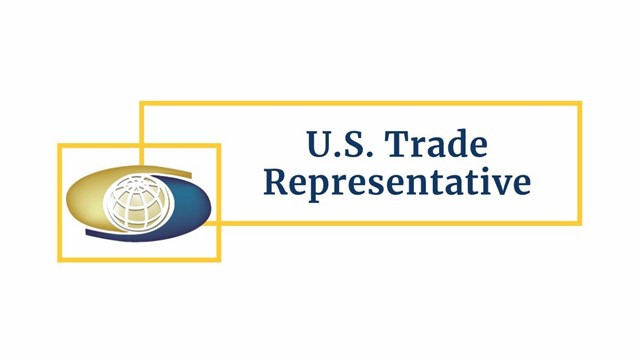


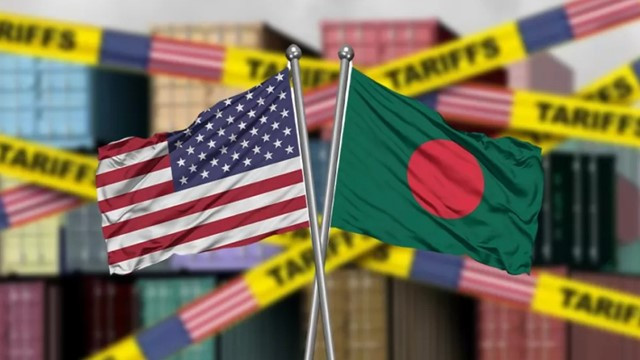


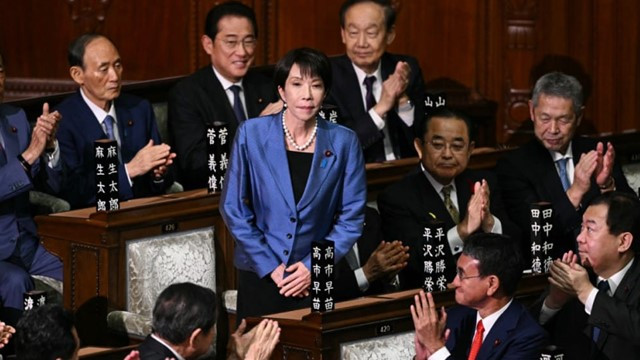



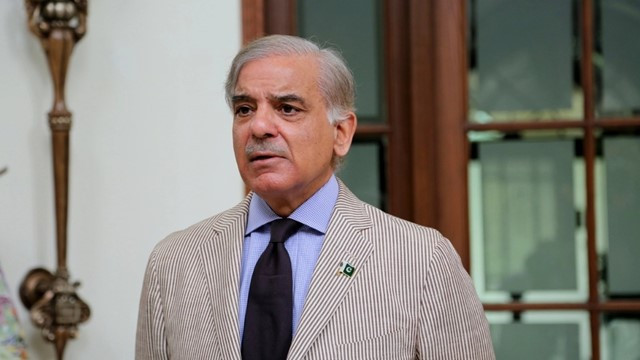
Comments Here: